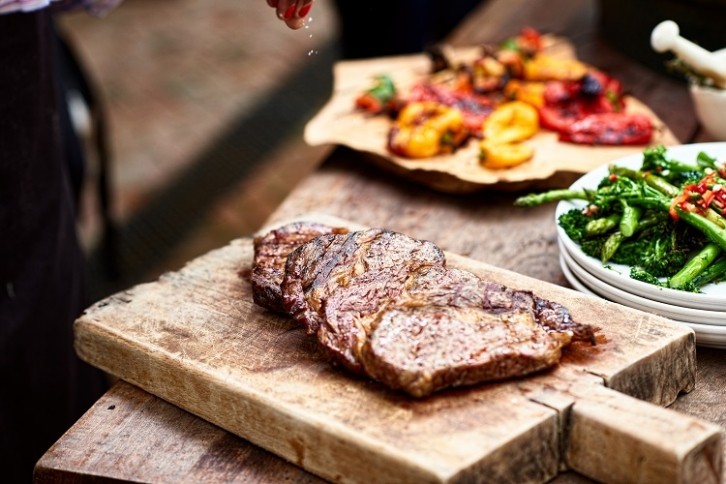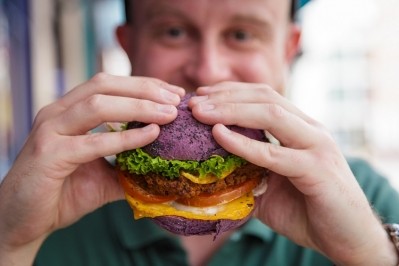Heat-damaged DNA in food could be linked to cancer, study shows

The study found that parts of DNA damaged by heat can, during the process of digesting the food, get into the DNA of those ingesting it. This increases the risk of mutations.
The study was conducted on mice, meaning that it’s too early to say whether the same problems would hold true for humans. However, it suggests a clear possible link between damaged DNA and digestion.
We don’t often think about it, but DNA is still present in the flesh of meat and, to a lesser extent, vegetables and fruit despite the fact the animals are dead and the fruit and veg is dug up. And the presence is not negligible either – in around 500g of beef, there’s over a gram of cow DNA.
Entering the DNA
Previous research has linked damaged DNA in foods to cancer. However, this is usually chalked up to ‘reactive species’ formed in the body as a response to cooking. This has been linked to genotoxicity (damaging of genes) and chromosomal rearrangement.
However, in order to contribute to change or damage the DNA, these reactive species must make contact with DNA in the cell itself, which is rare.
However, nucleotides - key components of DNA - are made available through the normal breakdown of biomolecules, which happens during digestion. These are incorporated into the DNA of cells, which presents a possible pathway for damaged DNA from food to inflict damage on living DNA, such as human DNA, by becoming part of it, and lead to increased cancer risk.
This is called nucleotide salvage, when during digestion DNA from external sources is essentially brought in and incorporated into the DNA in cells.
Damaged goods
The researchers first tested to see if cooking food at high temperatures did indeed damage the DNA. To do this, they got potato, ground beef and ground pork, and boiled and roasted them, then extracted DNA samples.
They found out that all had had their DNA damaged. Even boiling, where the temperatures were (relatively) low, the DNA took some damage. The potatoes incurred the least damage for reasons currently unknown, although the researchers speculate plant tissue may provide protection.
Both forms of damage that were detected in the foods were genotoxic - they had a tendency to impair gene function and cause mutations to replicate uncontrollably in a cancerous way.
They next fed mice with highly concentrated portions of the damaged DNA, using a device that tags the site of damaged DNA with fluorescent molecules, allowing them to track the damaged DNA. The mice showed DNA damage lining the small intestine, which is where much food is digested.
The researchers also added the damaged DNA to some lab-grown cells, which themselves sustained damage.
They next plan to explore further whether foods with a high DNA concentration, such as meat, could pose a greater risk than ones with lower DNA concentration, such as potatoes. They will also look into different cooking methods, such as grilling and frying, as well as the harm capabilities of different types of DNA.
Source: ACS Central Science
'Possible Genetic Risks from Heat-Damaged DNA in Food’
Published on: 1 June 2023
DOI: https://doi.org/10.1021/acscentsci.2c01247
Authors: Y. W. Jun, M. Kant, E. Coskun, T. A. Kato, P. Jaruga, E. Palafox, M. Dizdaroglu, and E. T. Kool













